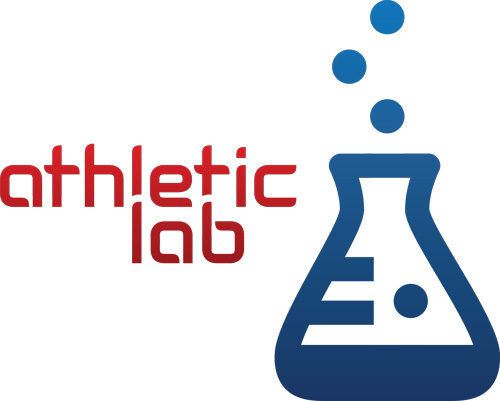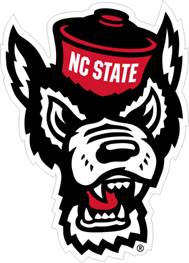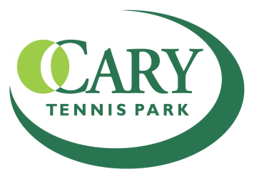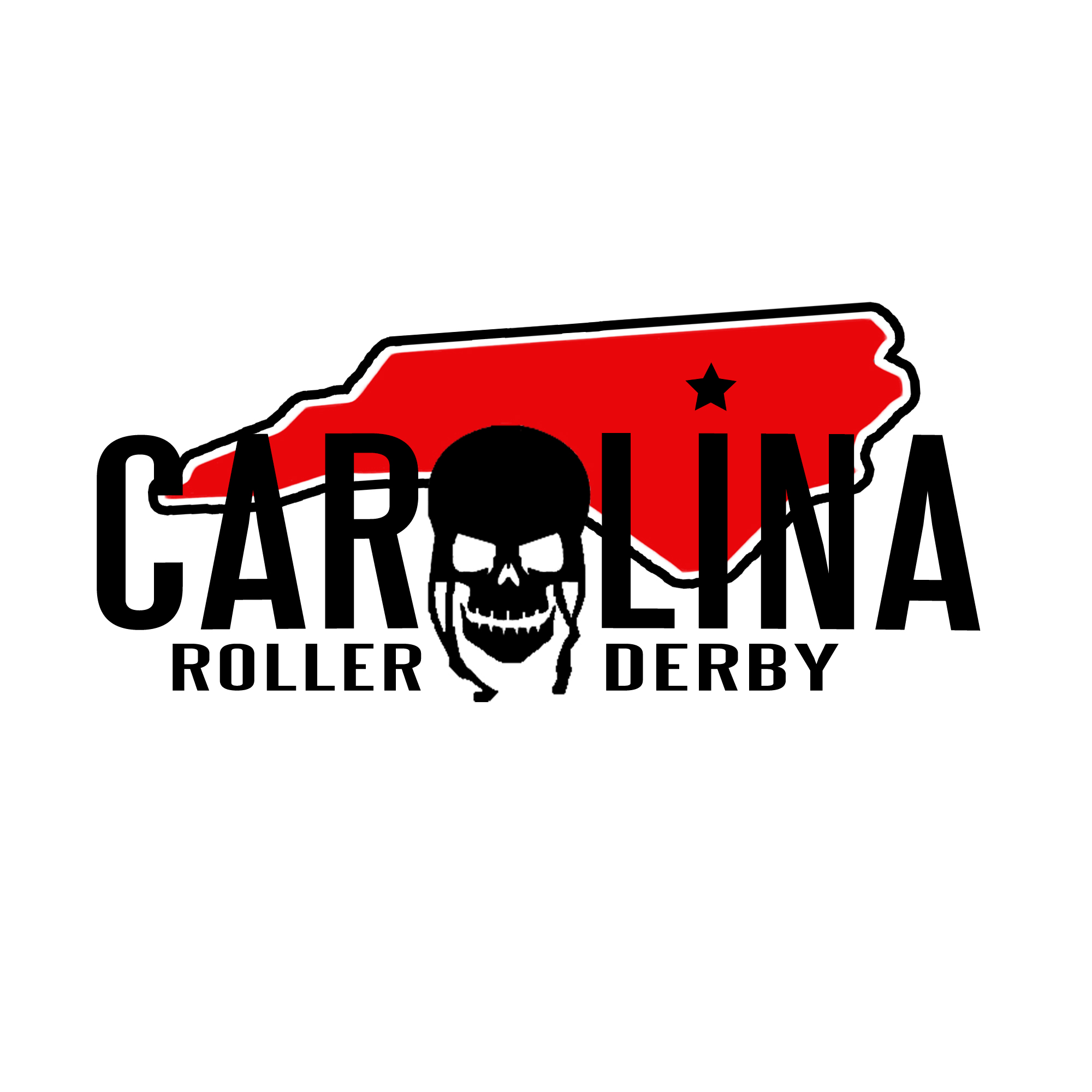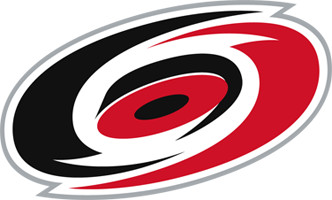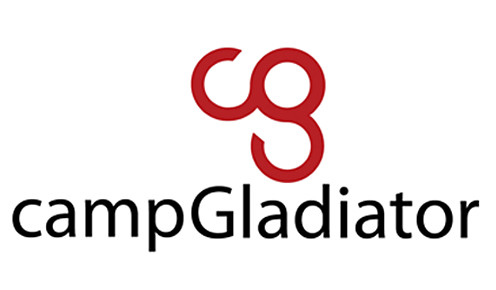Origins of IASTM
Instrument assisted soft tissue mobilization or IASTM is a commonly used form of treatment in outpatient physical therapy clinics. It’s origins come from a Gua Sha, an ancient practice of traditional Chinese medicine. Smooth edged instruments made out of an assortment of materials e.g. horns, jade, ivory etc. were used to press into the soft tissue with a scraping motion.
Modern IASTM
In the late 1980’s, a machinist by the name of James Graston injured his knee while water skiing. He was undergoing physical therapy and receiving cross friction massage to his patellar tendon. He felt that this was very heavy on his hands when he tried it at home so he fabricated a set of wooden tools which were the prototypes for the modern day 6 piece metal tool set that is used by practitioners of the Graston Technique.
Nowadays manufacturers have realised that you do not need a whole set of tools / instruments for IASTM and have started producing multi-tools. These are tools with multiple concave/convex edges that can each be used on different areas of the body.
How does IASTM work?
Another area which has evolved drastically is our understanding of how IASTM works. Initially, practitioners believed that we were deforming tissue through the application of force and effectively “steam rolling” out the tight regions in a muscle. Studies have disproved this by showing that the amount of force needed to distort human collagen by even the tiniest amount is far in excess of anything that we could be generate when delivering IASTM.
We now believe that rather than mechanically distorting the tissues, we are stimulating the mechanoreceptors and triggering responses to the Central Nervous System (CNS) or the Autonomic Nervous Systems (ANS). This in turn can create relaxation effect and alter the tone of the involved local skeletal muscles. As a result, less can be more when you think of the amount of force which should be applied when you are delivering IASTM or similar techniques such as cupping.
In summary, IASTM is an extremely safe and effective technique which can provide relief for a variety of musculoskeletal conditions. If you are curious about IASTM and wish to know more about this form of technique then please do not hesitate to contact one of our clinics at apccaryinfo@raleighortho.com (Cary/Morrisville) or apcinfo@raleighortho.com (Raleigh).




